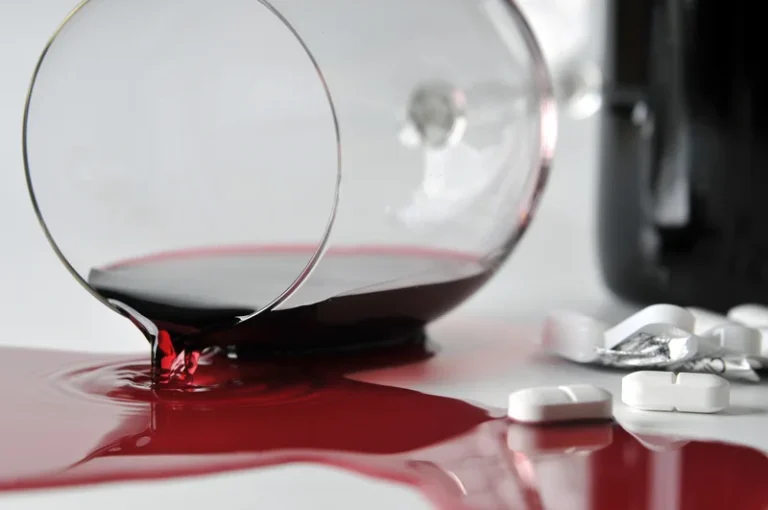
33% of all Americans over the age of 40 with an alcohol use disorder were able to attain an initial recovery. 38% of all Americans with an alcohol use disorder still report drinking moderately. 77.5% of all Americans with an alcohol use disorder were able to recover from their problem on their own percentage of alcoholics that relapse without help from outside treatment.
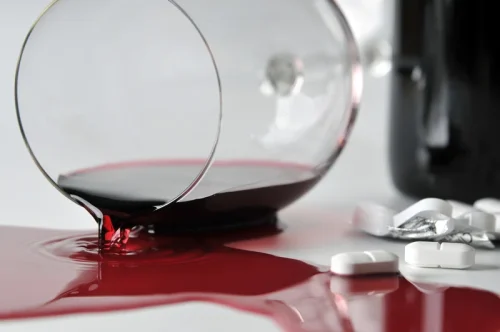
How Does Stress Lead to Risk of an Alcohol Relapse?
BetterHelp can connect you to an addiction and mental health counselor. Discover how inpatient drug rehab in Brooklyn customizes treatment lengths, typically days, to meet individual needs and build a strong foundation for recovery. For everyone, sober or not, personal growth is a constant, ongoing, transformative experience that contributes to self-realization and continued health and wellness. Cognitive-behavioral strategies are helpful tools to use throughout the holidays, especially since negative thoughts can increase stress. For example, if your in-laws comment negatively about your cooking, you may think of yourself as a terrible cook. However, remember that just because someone says something critical about you, it doesn’t mean it’s true.
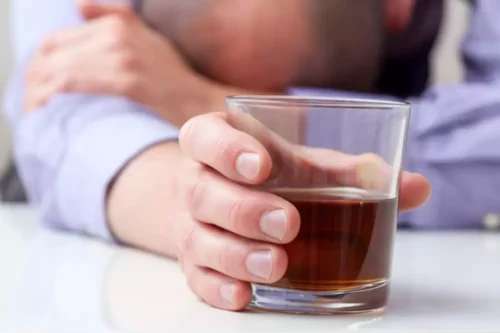
Understanding Adolescent Addiction: A Parent’s Guide
- What former clients have to say, via personal recommendations and testimonials, can speak volumes about the facility, its staff, the treatment, and the overall experience.
- 75% of all Americans with an alcohol use disorder will have at least two drinks during their first year of recovery.
- While family support is vital in recovery, it’s important to understand that the commitment to remain on your recovery journey lies within yourself.
- Become familiar with the challenges that arise to be able to better empathize and communicate with your loved one.
By being proactive and building a strong support system, individuals can navigate through relapse triggers effectively and work towards long-term sobriety. When examining alcohol relapse statistics, understanding the prevalence of Alcohol Use Disorder (AUD) among different age groups is crucial. By analyzing the Alcoholics Anonymous rates of AUD in adults and youth, as well as examining long-term recovery statistics, we can gain insight into the scope of this disorder and the challenges individuals face in maintaining sobriety. By integrating mental health services into their programs, Camelback Recovery ensures that comorbid mental health disorders are treated alongside alcohol addiction. In summary, alcohol relapse statistics reveal the complex nature of addiction recovery and highlight the importance of a comprehensive approach to treatment. Factors such as age, gender, mental health conditions, and support systems can significantly influence an individual’s likelihood of relapse.
Alcohol Abuse & Addiction Statistics
When combined with counseling, this approach is proven highly effective. 24% of all Americans over the age of 50 with an alcohol use disorder were able to attain a long term recovery. 25% of all Americans over the age of 40 with an alcohol use disorder were able to attain a long term recovery. 17.7% of all Americans with an alcohol use disorder will drink far less drinks per week once they’ve completed treatment. 18.2% of all Americans with an alcohol use disorder will totally abstain from any alcohol once they’ve completed treatment. Only 4% of all Americans with an alcohol use disorder were given any form of medication approved by the U.S.
- Inquire about the qualifications of staff members as well as the specifics of the therapies offered prior to committing to a particular program.
- By communicating your needs and asking for space, you can help your family create a festive holiday environment that is also healthy and supportive for your recovery.
- Find a brighter tomorrow by starting with our compassionate team of medical professionals and recovery specialists today.
- It also provides information on how age, gender, race, and country can influence an individual’s likelihood of experiencing a relapse.
- However, various treatment options, including outpatient counseling and inpatient rehabilitation, are available to support individuals in their recovery journey.
- Discover the pivotal role of medication in a safe alcohol detox journey.
- With the right approach, individuals can find the strength and resilience to overcome their addiction and achieve lasting sobriety.
- Positive emotions, such as celebrations or happiness, can also be triggers as individuals may use substances to enhance these feelings.
- Addiction is characterised as a relapsing condition though and NIDA points out that these relapse rates are comparable to a number of other chronic illnesses.
- Discover post-cocaine withdrawal recovery strategies and potential risks for a fresh start.
During this time, individuals may completely abandon their recovery efforts and return to patterns of heavy or problematic drinking. Severe relapses can result in significant physical, emotional, and social consequences. A moderate relapse involves a more significant period of alcohol use, typically ranging from a few days to a few weeks. During this time, individuals may experience a loss of control over their drinking and find it challenging to regain sobriety without intervention or support.
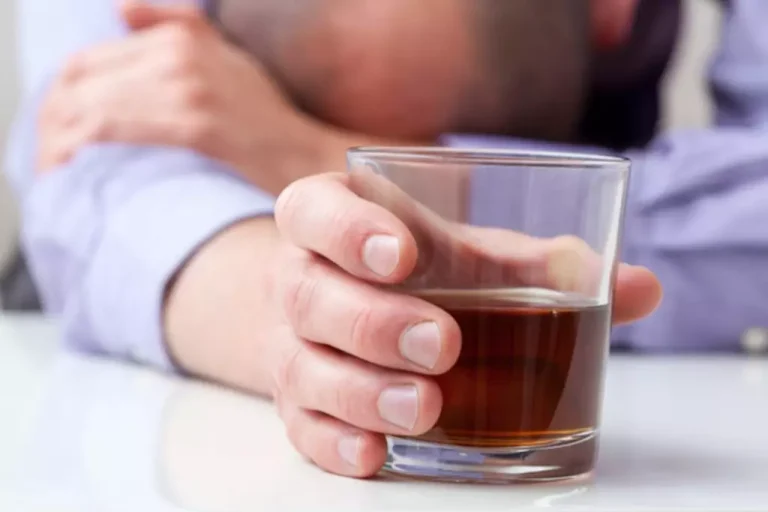
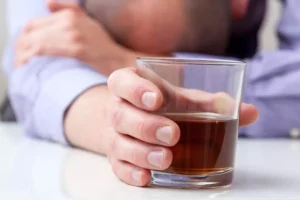
Discover hope through alcohol detox – real stories, transformative experiences, and support systems to guide your journey. Discover what sets Legends Recovery’s detox apart in cocaine addiction treatment. The National Institute on Alcohol Abuse and Alcoholism (NIAAA) reports that nearly 90% of people who have battled alcohol addiction will encounter at least one relapse over the course of their lives.
